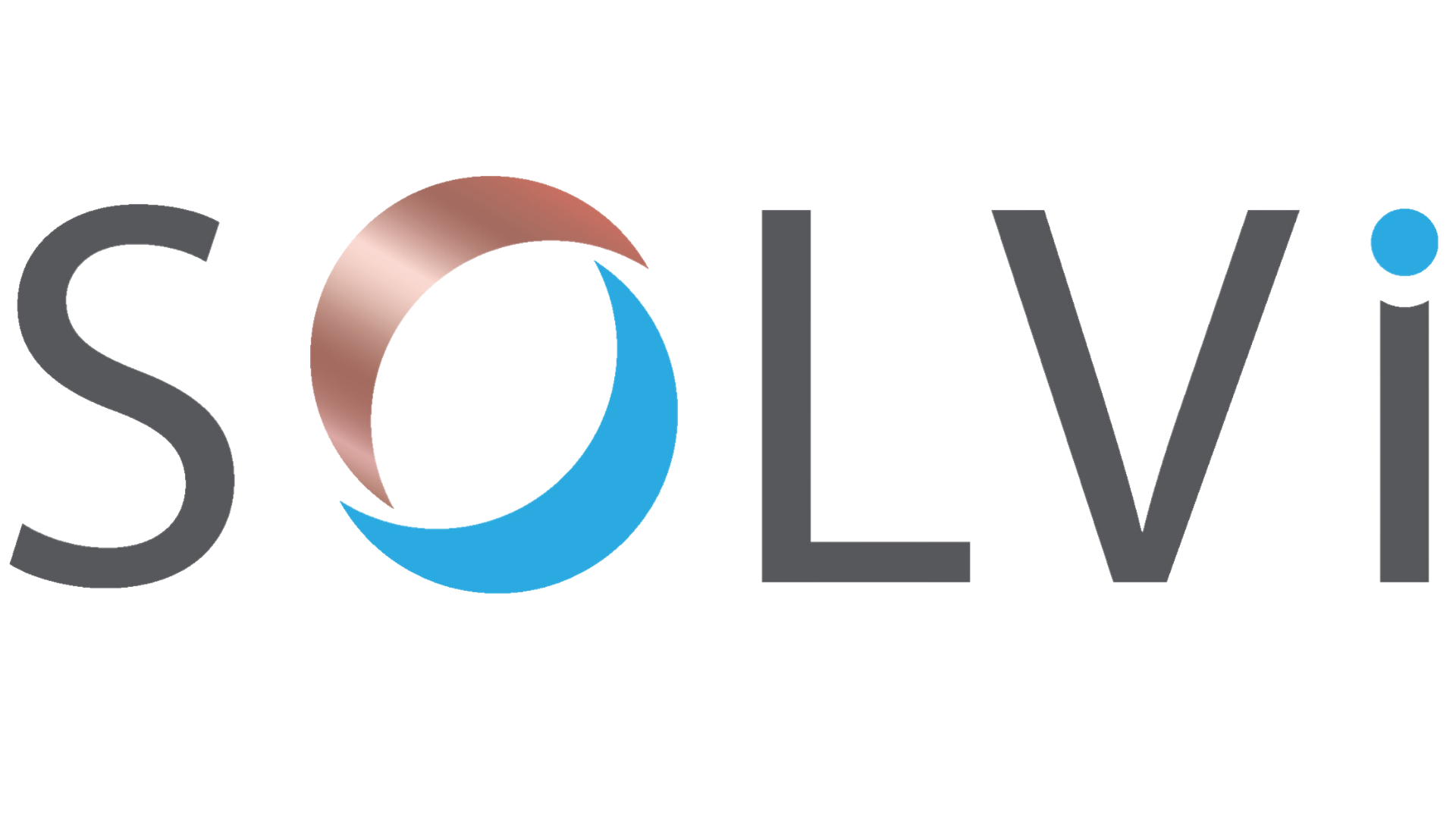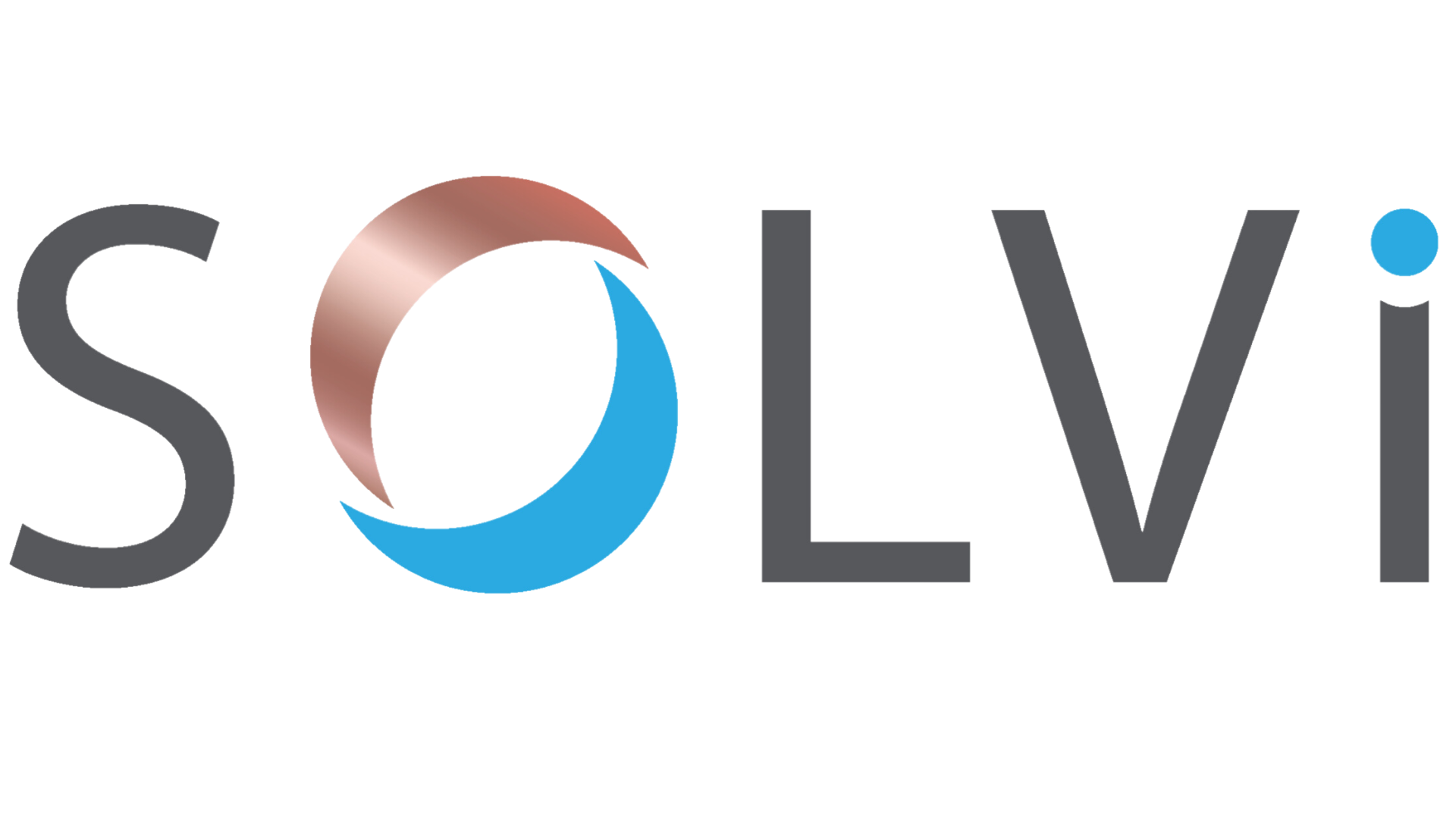Australia is a great place to live and work. Our passion is to help Registered Nurses living overseas to work and experience the great Aussie lifestyle. However, navigating the complexities of migrating to Australia can be daunting.
SOLVi Migration has been assisting nurses to gain registration and successfully migrate independently. Our dedicated team of legal experts specialises in guiding overseas registered nurses through the intricate visa and registration processes, ensuring a smooth transition to working in Australia.
We are committed to providing personalised support every step of the way, from initial eligibility assessments and visa applications to professional registration and employment advice. Trust us to help you achieve your dream of a rewarding nursing career in Australia.

VISA’S WE CAN HELP WITH

Employer Sponsored

Skilled Independent
MAKING AUSTRALIAN MIGRATION EASY

How to Work Successfully With a Migration Lawyer: What Nurses Need to Know
Thinking about engaging a migration lawyer? Great decision.
But to truly get the most out of that legal relationship, it’s important to understand what lawyers actually do — and what they don’t.
Many nurses (and other skilled migrants) start their Australian journey assuming they can ‘hand over’ their case and get a quick result. But that mindset can lead to unrealistic expectations, frustration, or even blame.
Let’s unpack the reality — so you can work with your lawyer as a partner, not just a provider.
✅ What a Lawyer Can Do for You
Your lawyer’s role is to help you navigate complex, ever-changing Australian laws — laws that govern everything from your AHPRA registration to your skills assessment to your visa eligibility.
Here’s what that means in practice:
They assess your individual circumstances (not just general information from Google)
They create a legal strategy that aligns with your goals, age, English skills, qualifications, and family needs
They ensure you meet the correct requirements at each stage — including those you may not know about
They protect you from costly mistakes that could delay or destroy your migration plans
They advocate for you when government agencies require submissions, clarifications, or issue errors
In short:
Your lawyer is your legal GPS. They map the best route, warn you about hazards, and help you reach your destination — legally and efficiently.
❌ What a Lawyer Can’t Do (No Matter How Good They Are)
As experienced as they may be, no lawyer can:
Control the laws, rules, or policy changes made by AHPRA, ANMAC, or the Department of Home Affairs
Influence or override government decision-makers or speed up visa processing queues
Magically remove requirements like English test scores, health exams, or registration documents
Guarantee outcomes, even when everything is done perfectly - they are not the decision-maker.
And just like you wouldn’t expect a nurse to cure a terminal illness with a single medicine…
Don’t expect your lawyer to solve deeply complex legal requirements overnight.
They work with the law, not above it.
🤝 Respect the Role: You’re a Client, Not a Commander
You’ve hired your lawyer for their expertise — so let them use it.
Some clients (especially those who’ve migrated before) fall into the trap of:
Demanding things be done their way, not the legal way
Rushing timelines that are governed by third parties
Blaming lawyers for delays caused by agencies, backlogs, or unrealistic client expectations.
But just like patients can’t dictate their own treatment…
Clients can’t direct legal strategy without risking poor outcomes.
The best results come when you trust your lawyer’s expertise and communicate openly and respectfully.
🧑⚕️ The Nurse–Patient and Lawyer–Client Parallel
Let’s put this in your world for a moment:
🔹 As a nurse, you probably wish every patient followed your advice.
🔹 You hate when they self-diagnose from TikTok or demand antibiotics when it’s viral.
🔹 You want to feel respected for your training, skill, and dedication.
Well — your lawyer feels the same.
They’ve trained in complex legislation.
They’ve spent years helping clients achieve successful migration outcomes.
They take your case seriously and want what’s best for you — just like you want the best for your patients.
So don’t second-guess or argue. Collaborate.
💰 Don’t Expect Free Work: Lawyers Have Bills Too
One final thing — and it’s important.
Lawyers are not a free advice service.
Migration law is a specialised profession. Your lawyer:
Is running a regulated legal practice
Has a professional team supporting your case
Holds professional indemnity insurance to protect your interests
Spends hours interpreting and applying law to your unique circumstances.
Just like you expect to be paid for your nursing shifts…
Your lawyer expects to be paid for their time, expertise, and legal responsibility.
Never devalue that.
🧭 When You Work With Your Lawyer — You Win
The most successful migrants we’ve worked with all have one thing in common:
They understand the law is complex, and they trust us to guide them through it.
They don’t try to rush it, shortcut it, or blame us when the rules are tough.
They respect the process — and that’s why they get the outcome.
So if you’re serious about migrating to Australia…
🎓 Start with getting your AHPRA registration right:
👉 Enrol in the Nurse Registration Course
🧑⚖️ Need legal advice to map your strategy?
👉 Book a consultation with SOLVi Migration
We’ll do the legal heavy lifting — and help you get where you’re going.
FAQS
What qualifications do I need as a nurse to migrate to Australia?
Generally, you will need a nursing qualification that is recognised in Australia, such as a bachelor’s degree in nursing or an equivalent qualification. You will also need to meet registration requirements with the Australian Health Practitioner Regulation Agency (AHPRA).
What is the process for registering as a nurse in Australia?
To practice as a nurse in Australia, you must be registered with AHPRA. The process involves submitting an application, providing proof of your qualifications and professional experience, and meeting English language requirements. Our team can assist you with this process - Read More.
Will I need a skills assessment?
Yes, most visa applications for nurses require a skills assessment conducted by the Australian Nursing and Midwifery Accreditation Council (ANMAC). This assessment ensures your qualifications and experience meet Australian standards. We can assist you with preparing and submitting your skills assessment application. Read more ...
What are the English requirements?
Depending on the pathway you gain registration and what visa pathway you take, the English requirements can vary from Competent to Proficient levels of English. Read More ...
What if me or my family has a health condition?
If you or a family member has a health condition, it is important to have the possible impact on your migration assessed by a professional before you submit any visa application. The Department of Home Affairs will require health assessments to ensure the condition does not pose a significant cost or burden to the Australian healthcare system. We can help you understand the implications and prepare the necessary documentation. Read more ...
What if me or my family have a character issue?
Character issues, such as past criminal records, must be disclosed in your visa application. The Department of Home Affairs assesses character issues on a case-by-case basis. We can provide advice on how to address these issues and the potential impact on your application.
Are visa fees refundable?
Visa fees are generally non-refundable, even if your application is refused or withdrawn. It is crucial to ensure your application is complete and meets all requirements to avoid losing your fee. Our team can help you prepare a strong application to minimise the risk of refusal.
What if I've been refused a visa in the past?
If you have been refused a visa in the past, it is essential to understand the reasons for the refusal and address them in any new application. We can review your previous refusal and advise on the best course of action to improve your chances of success.
Can I bring my family with me?
Yes, many visa types allow you to include eligible family members, such as your spouse or partner and dependent children, in your application. We can advise on the requirements and process for including your family in your migration plans.
Can't you find my a sponsor to pay for everything?
While some employers may offer sponsorship, which can cover visa and relocation costs, it is important to understand the conditions tied to employer-sponsored visas. Also worth noting, a sponsor is not legally required to pay your application fees. These conditions can include staying with the employer for a certain period. We can help you explore your options and find the best pathway for your situation. Read more ...
How long will the process take?
The processing time for visa applications can vary depending on the type of visa and individual circumstances. Generally, it can take from a few months to over a year. Our team will provide an estimated timeline based on your specific situation and keep you updated throughout the process.
What are the costs of migrating?
Costs can include visa application fees, skills assessment fees, and potentially relocation expenses. The exact costs will depend on the visa pathway you choose and any additional services you require. We will provide you with a transparent breakdown of costs during your consultation. Read more...
DOWNLOAD OUR FREE GUIDE ON EVERYTHING YOU NEED TO KNOW TO WORK IN AUSTRALIA
Contact Us
All RIGHTS RESERVED LIABILITY LIMITED BY A SCHEME APPROVED UNDER PROFESSIONAL STANDARDS LEGISLATION. LEGAL PRACTITIONERS EMPLOYED BY SOLVI PTY LTD (ABN 16 658 861 182) ARE MEMBERS OF THE SCHEME.
The information published on this webpage should not be taken as legal advice rather it should be considered for information purposes only.
COPYRIGHT © 2024 SOLVI PTY LTD
Contact Us
All RIGHTS RESERVED LIABILITY LIMITED BY A SCHEME APPROVED UNDER PROFESSIONAL STANDARDS LEGISLATION. LEGAL PRACTITIONERS EMPLOYED BY SOLVI PTY LTD (ABN 16 658 861 182) ARE MEMBERS OF THE SCHEME.
The information published on this webpage should not be taken as legal advice rather it should be considered for information purposes only.
COPYRIGHT © 2024 SOLVI PTY LTD








